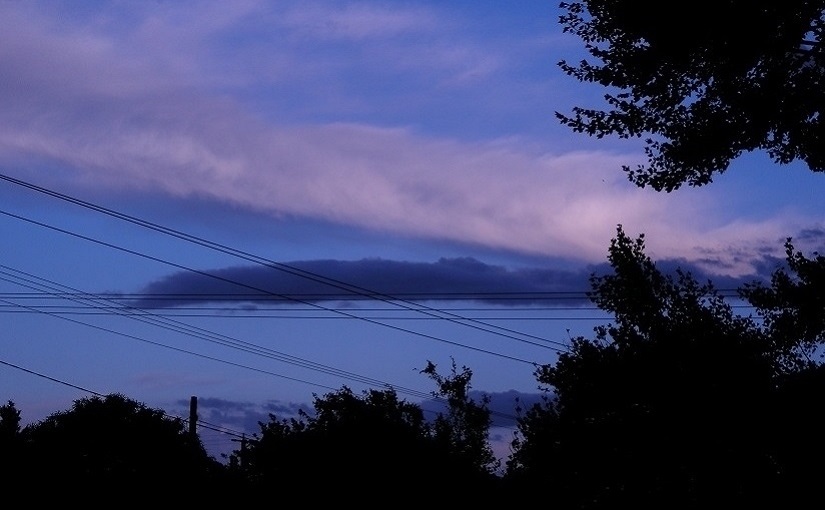Often it seems certain topics are avoided, not because they’re not important but because it’s not worth weathering the storm. Complex realities, personal emotions, and time pressures seem to be making it too hard to work through things properly (see Notes One). But surely society can’t really move forward while holding onto unresolvable issues, so it seems we do need to find a way beyond it.
I’ve encountered it in writing here: feeling that some topics are either too contentious or too complex to do justice to, and might be better left alone (Notes Two). The question of who has the right to address issues and how to go about it seems a strange problem of our times. But if we step back from that, where do we end up?
If emotions, anger, wounds and defensiveness derail conversations completely then that limits our ability to engage with important social concerns. It seems to risk us not touching on certain things beyond delineating the sides of a conversation that never takes place; creating an interesting stalemate and also a huge challenge.
Topics like anti-social behaviour; the murky area of social ethics; and the wider roles of education, family and culture all fall within this. Who has the right to challenge, decide, and address those issues? Or are they simply systems we live within and have no ground to reflect upon?
Which may be part of the problem: we live within systems as individuals, so we quite naturally defend our place in them. Raising questions around almost anything risks becoming personal, as we each exist somewhere within the networks of privilege or disadvantage that shaped the modern world. Having grown into those realities, we identify with them; so such conversations venture into territories of judgement and self-defence.
At times it seems difficult, if not impossible, to move past that. We’re essentially talking about inherited social realities: situations that fall on our shoulders merely by being born. We might benefit, but we’re not exactly responsible for having caused them. Can we hold people accountable for what was done in the past? We certainly cannot change the past. And holding onto it can sorely affect the present.
Is it possible to separate the personal and elevate this into a social dialogue? Not that the personal isn’t extremely important, but it often seems to act as a roadblock to broader discussions. The subjective matters in that it’s how things affect us personally; but, objectively speaking, it seems we need a way to see things clearly, possibly dismantle aspects of them, and move forward together.
In a way, it seems we need to gain perspective on the fracture lines in society without getting stuck in personal battles of identity. Above all, it’s undeniably a challenge to develop more nuanced and powerful communication: to find ways to take responsibility without being incapacitated by it; to broach difficult conversations with courage and compassion; to realise that responsibility now lies with us. Because I’m not sure there’s another way.
Notes and References:
Note 1: Where’s the right place to talk?
Note 1: Talking through difficult topics
Note 1: Anger as a voice
Note 2: Education with the future in mind
Note 2: Mental health as a truth to be heard?
Note 2: How many aren’t well represented?
Note 2: People, rules & social cohesion






